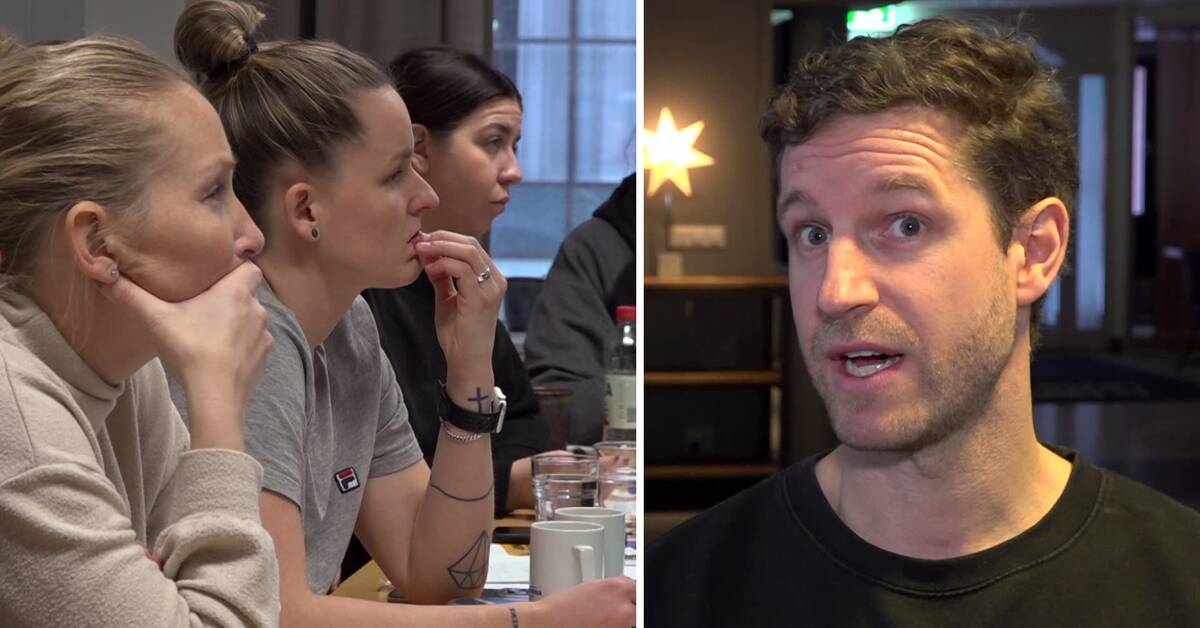In connection with the U18 WC in Östersund, the ice hockey association gathered female coaches at junior and senior level for a conference.
According to the association's development manager John Lind, the training was organized to help and strengthen existing coaches.
He believes that their focus on new recruitment is just as important.
- We have had approximately 2.5-3 percent female coaches, which is very low.
In the last year, however, the number has increased drastically, according to Lind from 123 female trainers to around 200.
"Was Captured by the Federation"
Former national team goalkeeper Valentina Lizana was at the conference in Östersund and became a coach herself after the association got in touch.
- I was caught by the association.
Maybe it wasn't something I had thought about when I was playing hockey.
It was something that grew in me, she says.
Both Valentina Lizana and John Lind believe that the male norm in ice hockey makes it natural for men to become coaches, while it looks different for women.
- I think maybe not everyone is caught who stops playing and maybe wants to enter that course.
It will be a fairly natural step to take, says Lizana.
"Men's hockey will earn a lot"
The association's John Lind:
- Maybe there hasn't been room for female coaches.
It is something we want to change because we believe it will give us significantly better ice hockey.
Then I'm talking about ice hockey as a whole and not just women's hockey.
Men's hockey will earn an incredible amount if we get more competent people into ice hockey.
It is an overall picture that we want to improve there.
How much responsibility does the association have?
- The association has the biggest responsibility.
We have to go ahead and show that we are doing this kind of effort.
Then it will be easier for the associations to get on with that work.

